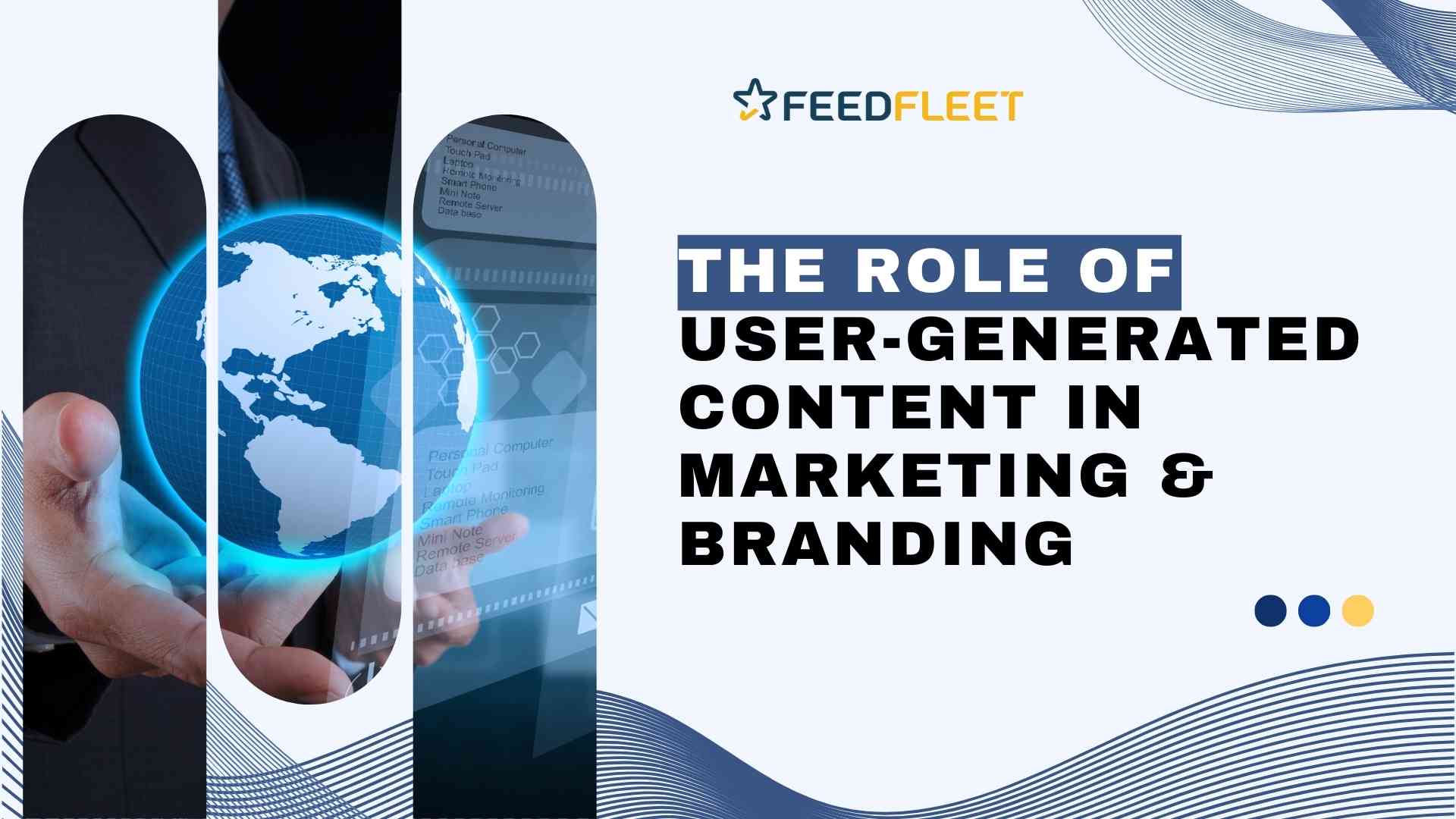
The Role of User-Generated Content in Marketing and Branding
In today's digital landscape, user-generated content (UGC) has become a game-changer for brands looking to enhance their marketing strategies and strengthen their branding efforts. As consumers increasingly seek authenticity and relatability, UGC provides a powerful way for businesses to connect with their audience. This blog explores the significant role of user-generated content in marketing and branding, highlighting its benefits and best practices for implementation.
1. Authenticity and Trust
One of the most compelling reasons to leverage user-generated content is its inherent authenticity. Unlike traditional advertising, which can often feel polished and insincere, UGC comes from real customers sharing their genuine experiences. Research shows that 92% of consumers prefer authentic content over brand-created material, making UGC a vital tool for building trust. When potential customers see others using and enjoying a product, they are more likely to believe in its value, leading to increased conversion rates.
For instance, brands like Coca-Cola have successfully utilized UGC in campaigns such as "Share a Coke," where customers share photos of personalized Coke bottles on social media. This not only created a sense of community but also encouraged new customers to engage with the brand.
2. Enhanced Engagement
User-generated content fosters greater engagement between brands and their audiences. By encouraging customers to share their experiences, whether through reviews, photos, or videos brands can create a two-way dialogue that enhances customer loyalty. According to studies, campaigns featuring UGC can see up to a 29% boost in web conversions, proving that real stories from real people resonate more effectively than traditional marketing methods.
Brands can further encourage engagement by creating specific hashtags or challenges that invite users to participate actively. For example, Passion Planner uses the hashtag #pashfam on Instagram, allowing users to showcase how they use the planners in their daily lives. This not only increases brand visibility but also builds a community around shared interests.
3. Cost-Effectiveness
Incorporating user-generated content into marketing strategies can also be a cost-effective solution for brands. Producing high-quality content often requires substantial investment in professional photography or influencer partnerships. However, UGC allows brands to tap into the creativity of their customers without incurring high costs. By leveraging content created by users, brands can significantly reduce their content creation expenses while still delivering authentic and relatable material.
Moreover, UGC can enhance SEO efforts by generating fresh content that attracts organic traffic. According to research, 25% of search results for top brands are links to user-generated content, indicating its importance in improving online visibility.
4. Building Brand Loyalty
User-generated content not only helps attract new customers but also plays a crucial role in fostering brand loyalty among existing ones. When customers see their contributions celebrated by a brand whether through reposts on social media or features on the company's website, they feel valued and appreciated. This recognition strengthens their emotional connection with the brand and encourages repeat purchases.
Additionally, UGC serves as social proof, reinforcing the idea that others trust and enjoy the brand's products or services. This aspect is particularly important for younger consumers; studies show that 84% of Millennials believe user-generated content influences their purchasing decisions.
Conclusion
User-generated content is an invaluable asset in modern marketing and branding strategies. Its authenticity builds trust, enhances engagement, offers cost-effective solutions for content creation, and fosters brand loyalty among consumers. As businesses continue to navigate the digital landscape in 2025 and beyond, embracing UGC will be essential for creating meaningful connections with audiences and driving long-term success. By encouraging customers to share their experiences and integrating this content into marketing efforts, brands can establish a strong presence that resonates with consumers on a deeper level.





